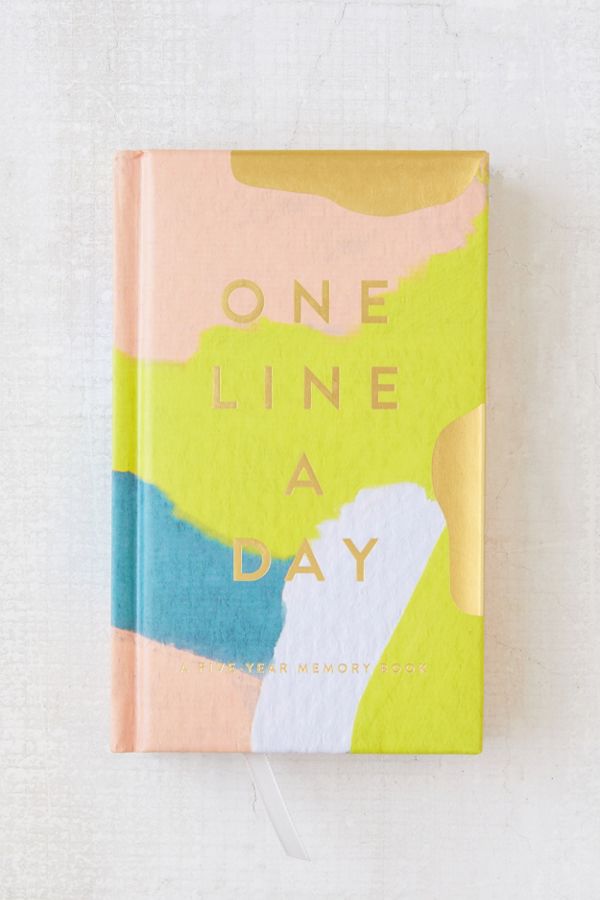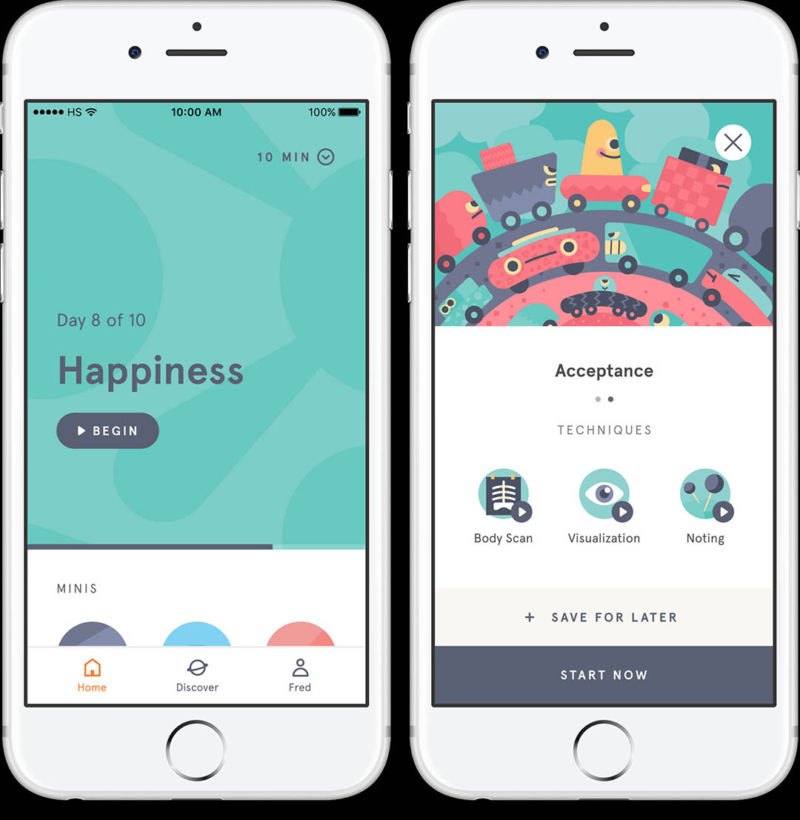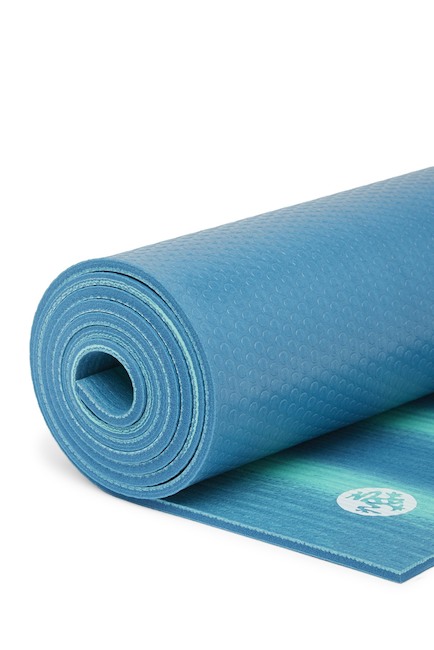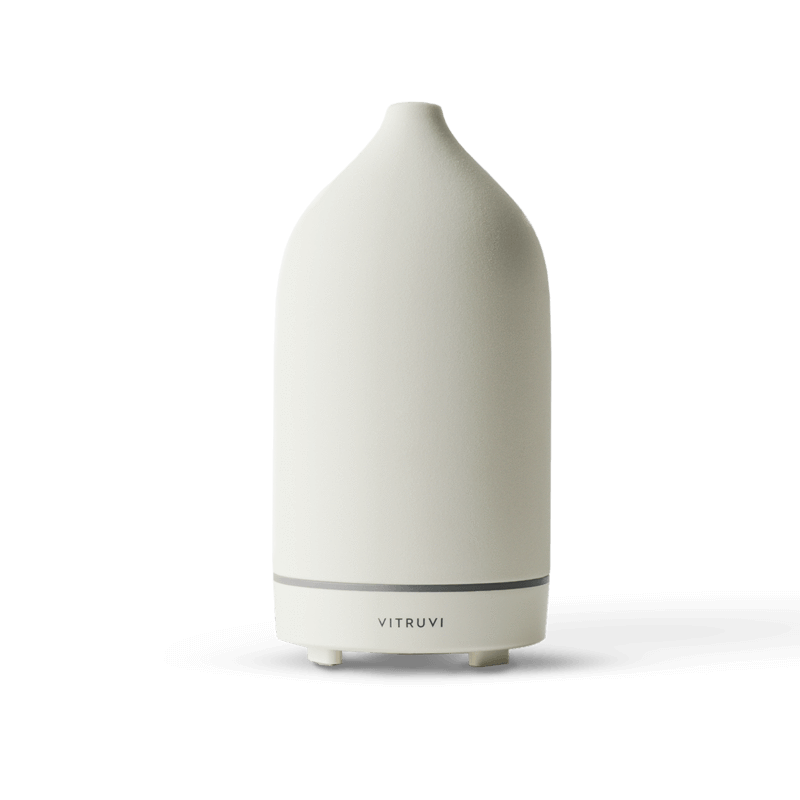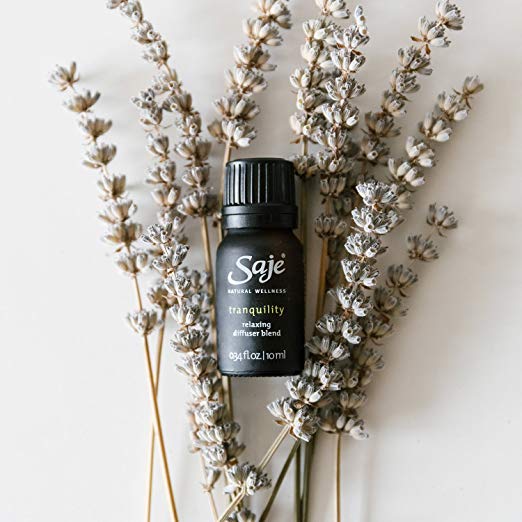6 Myths You Probably Believe About Millennials and Mental Health


If I had a nickel for every time I heard someone describe millennials as oversensitive, anxious, or entitled, I'd probably be able to pay back all my student loans. Myths about the millennial generation and mental health are manifold. I have my own opinions on the matter, but I was curious to see what mental health professionals had to say about millennials' mental health and what our older parents, bosses, and many online journalists tend to get wrong about it.
"The bottom line is that people judge the generations that come after them due to their own stuff," comments licensed counselor Emily Roberts, author of Express Yourself: A Teen Girl's Guide to Speaking Up and Being Who You Are. "Classifying an entire group of society in a negative light only reinforces stigmas, discounts what they offer, and reinforces the belief that we should separate ourselves from one another." Yet biases about millennials and mental health still abound, so we talked to a panel of psychologists and social workers to help debunk them.
1. Millennials are hypersensitive.
It's commonly believed that because millennials grew up coddled, they can't handle everyday challenges as well as their parents. But this an unfounded stereotype, says Roberts. The fact is simply that millennials are more self-aware, more in touch with their emotional needs, and generally better supported when they voice those needs than previous generations. "They have access to more information, which allows them to be more educated. ... [This] allows them to help break the stigma around mental health and receive mental health help faster," Roberts says. So it isn't that millennials can't handle stress, pressure, tragedy, or criticism—it's simply that previous generations had no vocabulary or resources to voice their struggles. By contrast, Robert explains that therapy is now seen as a necessary resource rather than being stigmatized as it once was.
2. They're more entitled and narcissistic than prior generations.
"Entitled" and "narcissistic" are words often thrown around to describe millennials. "But are millennials any more narcissistic than, say, the baby boomers, who were once considered the most self-obsessed cohort of their time?" comments Duy Nguyen, D.O., a board-certified psychiatrist in General Psychiatry at Beachway Therapy Center in Boynton Beach, Florida. The truth is that every generation thinks the up-and-coming class is self-absorbed and narcissistic; it's a consistent pattern we can track over time. Just look at the 1976 cover story of New York magazine, where Tom Wolfe christened the '70s "The Me Decade."
The impression of self-absorption is merely a hallmark of early adulthood, says Nguyen. It a time when people are putting themselves out there for the first time, applying for their first jobs, and dating as adults. "Overconfidence is how people push through the big changes," Nguyen says, adding that according to the American Psychological Association, only about 1% of people meet the textbook definition of clinical narcissism. And generation is not a factor. "In a large survey of high-school seniors across several decades, psychologist M. Brent Donnellan … found little change when looking at the millennial generation's ideas about self-esteem, individualism, or life satisfaction compared to young people in the past," says Nguyen.
Moreover, millennials (generally speaking) actually exhibit more humanitarian, benevolent qualities than prior generations. "We see more millennials aware of suffering and creating programs, volunteering, and supporting one another than ever before," says Roberts. "They're not afraid to speak up or show up for a cause, and their voices are being heard." Millennials' destigmatized views of mental health also make them more empathetic overall. As Roberts says, millennials are often better equipped to help support others and find creative solutions to problems.
3. Millennials are at higher risk for anxiety and depression.
Nguyen says he often sees pop social science articles talking about how millennials are the most depressed, anxious generation, yet the cause seems to be narcissistic helicopter parents, as well as increased pressure to perform academically and professionally.
But some empirical studies have suggested that millennials actually have higher emotional intelligence than their elders. "Perhaps it’s the willingness among millennials to acknowledge mental health and seek support that plays a part in the interpretation of these higher reported rates of depression and anxiety," Nguyen offers.
Dara Bushman, PSYD, a licensed clinical psychologist, suggests that social media has contributed to this myth as well. The risks for mental health disorders haven't increased; it's just that technology and social media now provide a more public medium through which these conditions to be expressed, and can sometimes work to exacerbate one's existing anxiety or depression.
4. They value their phones over personal interactions.
Baby boomers and Gen-Xers like to complain that millennials (and Gen-Zers) have lost the art of personal connection; they claim that young people are socially inept and addicted to their devices. But the truth is simply that those who grew up with technology interact in a slightly different (and not objectively worse) manner.
"For those of us who grew up prior to the digital era, when spending time with friends or family it was expected everyone would get 100% of one another’s attention," explains licensed clinical social worker Robert Weiss, author of Prodependence. For this reason, boomers and Gen-Xers expect young people to behave as though they grew up in the same era and perceive any time spent on their phones as rude.
But dedicating your full focus to in-person interaction is plainly not a millennial's social norm. "For a digital native, it's normal to offer 60% to the person you're with and 40% to your devices," says Weiss. That seamless transition between device and real-life person is their norm. "So you tell me," Weiss offers. "Which generation seems more narcissistic: the one that demands 100% of your attention when you're with them and views anything less as rude, or the one that feels comfortable when shifting between personal and digital interactions?"
All of this goes without mentioning that objectively, millennials do not spend more time on social media than older generations. "Gen X, those aged 37 to 52, is the generation actually spending the most time on social media," says Nguyen. According to a Nielsen report providing hard data on consumer media usage, Gen-Xers spend nearly seven hours per week on social media—that's 40 minutes more than millennials.
5. They're overly dependent with their parents.
Yes, millennials came of age in an inhospitable economic environment and often live with their parents as 20-somethings due to underemployment, but Weiss asks why is relying on family is considered a bad thing. "The 'multiple generations under one roof' model of family life has worked well for thousands of years," he says. "Why do we suddenly feel the need for kids to make it on their own the moment they graduate from high school? That sentiment doesn't mesh with what we know about healthy human attachments and relationships, nor does it mesh with the realities of how hard it is to survive (no less thrive) on a minimum wage salary."
That children need to be hyper-independent from their parents as soon as possible is a belief that came about in the '50s and has stuck around since then. "This bias tells us we always need to stand on our own two feet and not rely on others, that independence is more important than healthy dependency," Weiss explains. Therefore, some hold the belief that staying in close contact with their highly supportive loved ones is a negative. "This way of thinking persists despite the fact that nearly all attachment-related research tells us that we tend to do much better in every aspect of life when we feel 'a part of' rather than 'apart from.'" Weiss says.
6. Millennials need constant praise and think everyone deserves a trophy.
"That may have been true in their childhood soccer leagues, but millennials have grown up and want to be treated accordingly," says Nguyen. Surveys show that when asked to describe their ideal boss at work, millennials name ethics, fairness, transparency, and dependability among their top qualities, while praise for their accomplishments ranks way lower on the list. "Gen-X employees, more than millennials, think everyone on a successful team should be rewarded," says Nguyen. "Millennials are no more eager for recognition than their Gen-X colleagues."

Do you have thoughts about millennials and mental health? Feel free to DM me your feedback on Instagram (@amanda_montell)!
Disclaimer
This article is provided for informational purposes only and is not intended to be used in the place of advice of your physician or other medical professionals. You should always consult with your doctor or healthcare provider first with any health-related questions.

Tie among Linda Rodin, Hari Nef, and David Bowie.
Who are your 5 favorite people to follow on Instagram?@petracollins @katiejanehughes @alwaysjudging @bonnyrebecca @hotdudesreading
What's the beauty essential you can’t live without?If I have some brow gel and Sisley's Phyto-Lip Twist, I'm good to go forever.
What's your desert island album?Death Cab for Cutie's Transatlanticism
What's your favorite Byrdie.com story?Game of Thrones's Nathalie Emmanuel looks so achingly beautiful in our feature with her that I think it's gonna have to be that!
-
 This Founder Shares Why We Should Start Celebrating Rest
This Founder Shares Why We Should Start Celebrating RestBurnout is nothing to be proud of.
By Kia Topps
-
 Why Dr. Deepika Chopra Believes that Optimism is Resiliency
Why Dr. Deepika Chopra Believes that Optimism is ResiliencyWhy you should start embracing every feeling.
By Kia Topps
-
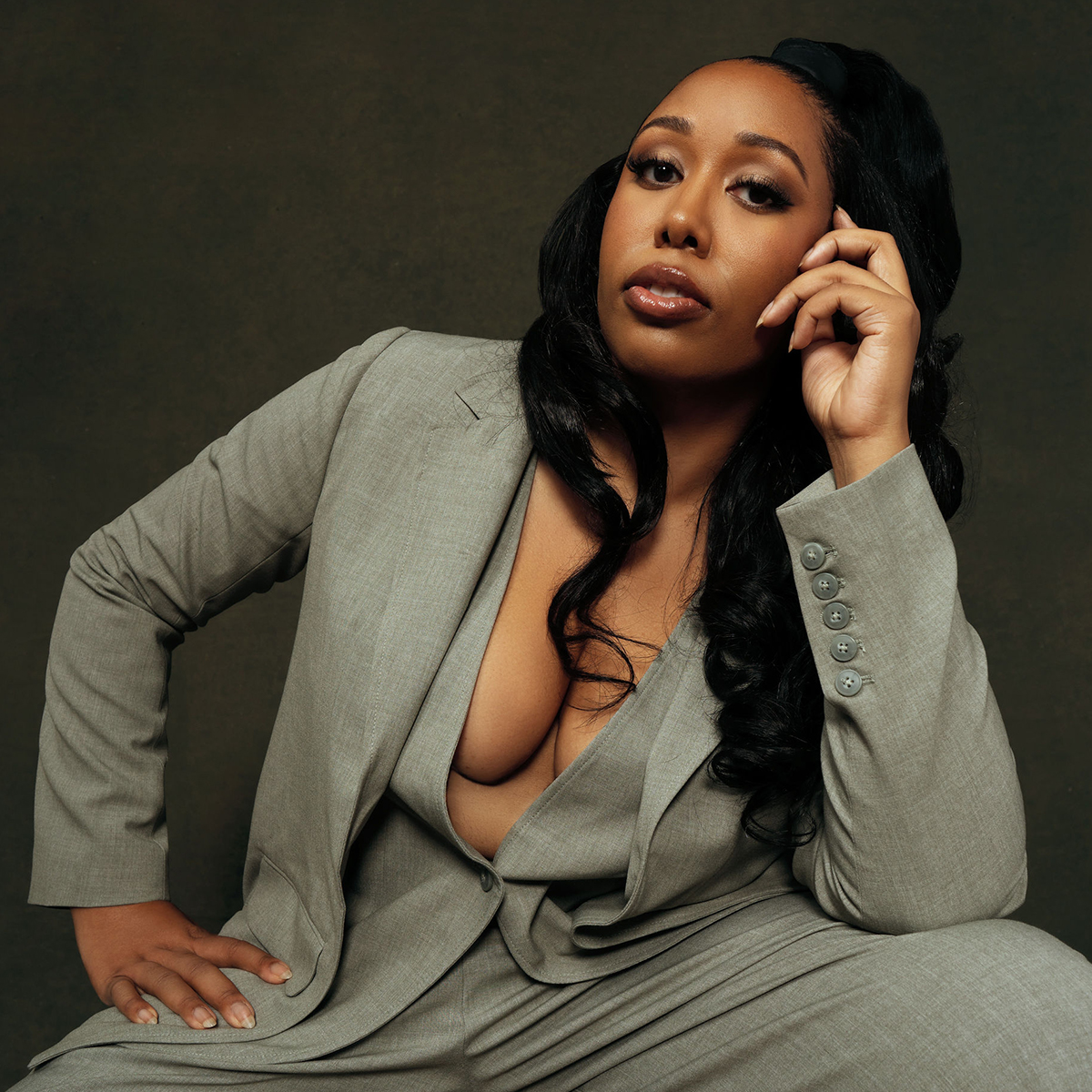 How TikTok's Favorite Photographer Helped Me Find My Confidence
How TikTok's Favorite Photographer Helped Me Find My ConfidenceI renewed my relationship with myself.
By MacKenzie Green
-
 11 Things to Do If You're Dealing With Anxiety at Work
11 Things to Do If You're Dealing With Anxiety at WorkThese can help.
By Casey Clark
-
 Here's Why I Make Time for "Play" Every Day—and Why You Should Too
Here's Why I Make Time for "Play" Every Day—and Why You Should TooIt's one of the best things you can do for yourself.
By MacKenzie Green
-
 How to Choose a Plant Based on Your Personality Type
How to Choose a Plant Based on Your Personality TypeDo you have a green thumb?
By Sarah Yang
-
 If You're Super Stressed Out, These 17 Things Can Make You Feel Better
If You're Super Stressed Out, These 17 Things Can Make You Feel BetterTry them.
By Sarah Yang
-
 I Tried Pottery Classes as a Way to Better My Mental Health—Here's What Happened
I Tried Pottery Classes as a Way to Better My Mental Health—Here's What HappenedI left my classes with more than I bargained for.
By Kia Topps
